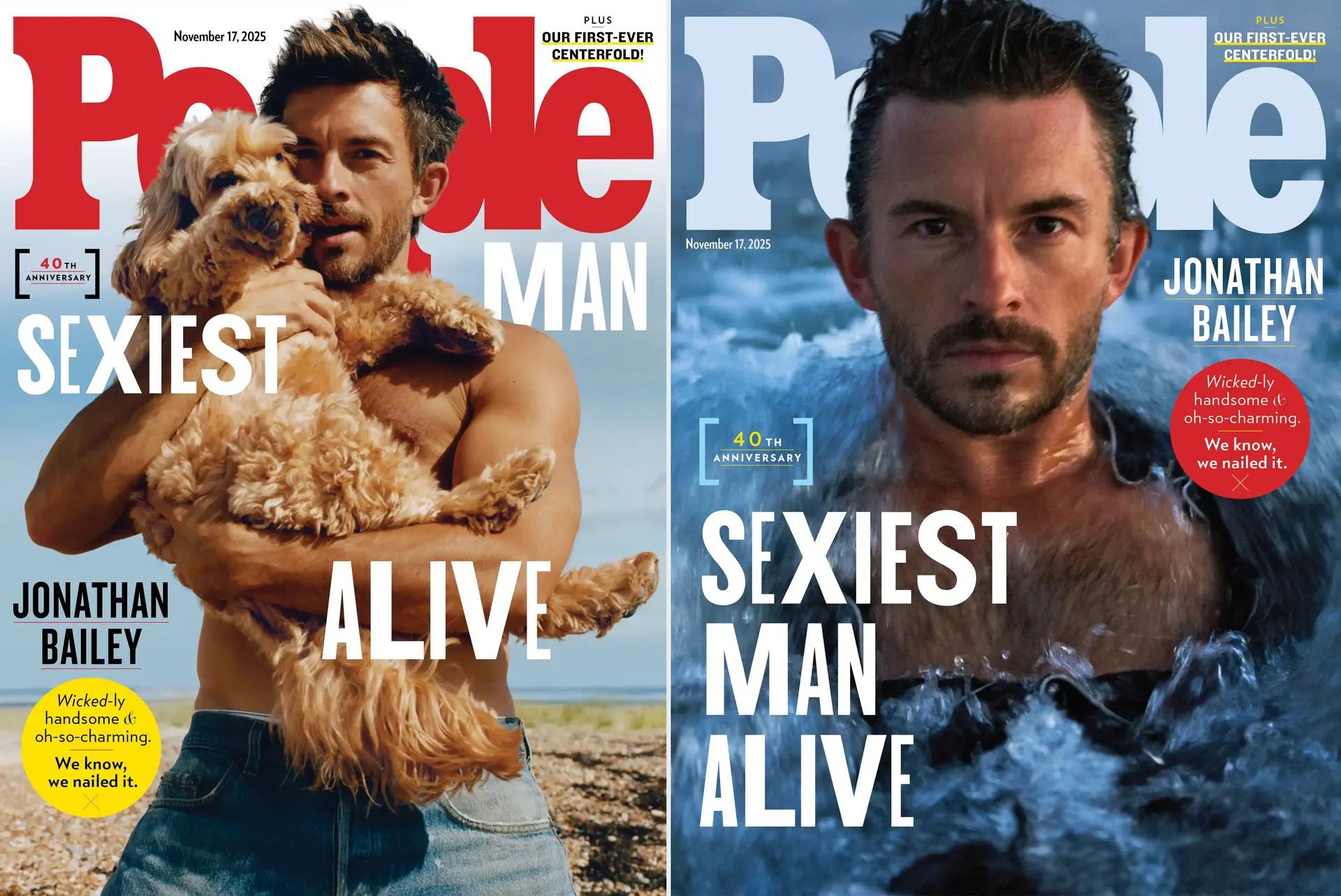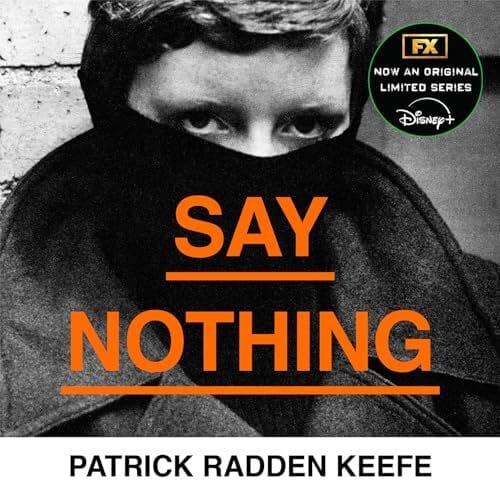If you were forwarded this email (Hi! Welcome!), you can sign up to the newsletter here.
Welcome to TDA Culture!
This newsletter is something we’ve been wanting to do for a long time, and I’m incredibly excited we’ve finally rolled out the maroon carpet for our debut.
I’ll meet you here every Thursday to make sense of the moments everyone’s talking about.
I’m hoping TDA Culture gets a better response than the internet’s most hated new show, All’s Fair (available on Disney+). Despite its impressive/ridiculous/very-very-expensive cast (Kim Kardashian, Naomi Watts, and Glenn Close), the legal drama from Ryan Murphy has a Rotten Tomatoes score of 6%.
Not that it will stop me from inhaling every episode, but the reviews have been absolutely brutal. Here are a few of my favourites:
“All scripted, it feels, by a toddler who couldn’t write ‘bum’ on a wall.” – The Times.
“The waste feels more flagrant with every pornographic shot of a Chanel bag, vintage car or over-the-top ensemble.” – Variety.
“An orgy of vulgarity where greed rules, love means nothing and we’re somehow being forced to feel we should all want to revel in this world too.” – Glamour UK.
“A crime against television.” – The Telegraph.
Ok, enough yapping. Shall we go for it?


I’ve got 10 seconds
Quote of the week
“I did a jean ad. I mean, the reaction definitely was a surprise… I think that when I have an issue that I want to speak about, people will hear.”
Sydney Sweeney has spoken about her American Eagle ad campaign in a new interview with GQ. The actor faced intense backlash for featuring in the ad, which critics claim promoted white supremacist messaging. (No idea what I’m talking about? Catch up with our podcast explainer here.)
Stat of the week
$67 million
The value Dark Mofo generated for the Tasmanian economy this year. Around 120,000 people attended the iconic Hobart event, including over 50,000 interstate and overseas visitors (up 2% on 2023). It comes after the midwinter solstice festival took a break in 2024. Dark Mofo will be back from 11-22 June next year, with first-release tickets to its 2026 Night Mass event selling out in record time on Wednesday, organisers confirmed to TDA. A recent Expedia report found global travel interest in Hobart has surged, with the city listed in the top ten global trending destinations for 2026.
Photo of the week
The internet rejoiced on Tuesday when People named British actor Jonathan Bailey its 2025 Sexiest Man Alive. The 37-year-old said he was incredibly flattered by the “huge” and “completely absurd” honour. It’s the first time the magazine has named an openly gay winner since it launched the franchise in 1985.

Two magazine covers are better than one.

I’ve got 30 seconds
The group chat TL;DR
Hundreds of French protesters have attended the opening of Shein’s first physical store, after it was caught selling “childlike” sex dolls online. The fast fashion giant withdrew the dolls from its website after receiving a takedown notice from France’s consumer watchdog last week. Then on Wednesday, officials discovered “large quantities” of illegal weapons for sale online. The French Government has now launched proceedings to suspend the Chinese retailer. The announcement coincided with the opening of Shein’s first permanent shop, located within one of Paris’ most famous department stores, BHV Marais. Large crowds of demonstrators gathered outside the store on Wednesday, while a small group inside were removed by security. An online petition to block the e-commerce juggernaut from opening in Paris has gained over 124,000 signatures.

Protesters outside Shein’s Paris store. Image: Henrique Campos / Hans Lucas via AFP
Jennifer Lawrence has announced she’s producing a ‘Miss Piggy’ movie with Emma Stone. Speaking on the Las Culturistas podcast, the actor also revealed the film will be written by Tony-winning Broadway performer Cole Escola. Lawrence was asked by hosts Bowen Yang and Matt Rogers if she and Stone (long-time friends) would star in the project. “I think so. We have to,” Lawrence replied. According to Variety, the movie is in “early development at Disney,” which owns the rights to the Muppets (including Miss Piggy). 2026 will mark 70 years since the premiere of The Muppet Show… so a feature-length film seems like a fitting way to mark our favourite felt diva’s Platinum Jubilee.

Nominations for the 2026 Grammy Awards are almost here. The full list will be announced on Friday in the U.S. (or very early Saturday for most of us in Australia). It will be hard to compete with last year’s round-up, which saw Beyoncé, Taylor Swift, Billie Eilish, Chappell Roan, Sabrina Carpenter, and Charli xcx all competing in the same category. Kendrick Lamar, Lady Gaga, Bad Bunny, and Sabrina Carpenter are considered safe favourites, but Huntr/x and Rosé could make history as the first K-pop artists to be nominated for record of the year. Huntr/x is eligible for the KPop Demon Hunters’ hit Golden, and Rosé (who grew up in Australia) is a contender for her song with Bruno Mars, APT.

I’ve got 1 minute

The music industry’s first major AI deal
One of the world’s biggest music companies, Universal, has announced a major deal with Udio, an AI song generator.
Universal Music Group (UMG) was actively trying to sue Udio just months ago.
The announcement marks a significant shift in how the music industry is approaching artificial intelligence.
So, how did we get here and what does this deal mean?
The key players
UMG represents some of the world’s biggest recording artists, including Taylor Swift, Billie Eilish, Kendrick Lamar, Sabrina Carpenter, and Drake.
Udio is an AI music generator. It launched in April 2024, with backing from some big names in tech, including musician Will.i.am and Instagram co-founder Mike Krieger.
Users can type prompts into a text box to generate entirely new songs based on those instructions.
Legal action
In June 2024, Universal teamed up with Sony and Warner to sue Udio for what it called copyright infringement, “on an almost unimaginable scale.”
The labels alleged that Udio trained its AI on millions of copyrighted songs without permission, pointing to AI-generated tracks that closely resembled classics such as “Dancing Queen” by ABBA.
Udio rejected the claims and argued it used “publicly available music”. The platform said it operated within fair use laws (a legal concept allowing limited use of copyrighted material without permission.)
After behind-the-scenes negotiations, UMG and Udio announced a (confidential) “compensatory legal settlement” last week.
The deal
With the lawsuit resolved, the companies announced they’re now partnering to build an entirely new AI music platform together, set to launch in 2026.
According to a joint UMG-Udio statement, the platform will be powered by generative AI that is trained on authorised and licensed music of artists who opt in and give explicit permission.
Universal has called it a “further revenue opportunity for UMG artists and songwriters.”
Meanwhile, the current Udio platform has been restricted, so users can no longer download tracks or share them on Spotify or Apple Music.
Industry response
U.S-based not-for-profit The Copyright Alliance welcomed the deal, which it said “reaffirms that generative AI products should, and can, be crafted responsibly and with respect for copyright owners.”
However, the Music Artists Coalition has raised concerns about transparency, questioning how much money UMG was paid in the settlement with Udio, where it's going, and how artist consent will actually work.
Major questions remain about fair use and how the new platform will function in practice. Whatever happens next, this deal will significantly influence how the music industry navigates the AI revolution.

Together with Warner Music Australia
From Darwin to the ARIAs: CYRIL’s global rise continues
Darwin’s own DJ and producer CYRIL has landed a 2025 ARIA nomination for Song of the Year with his viral hit “Still Into You” ft. maryjo. It’s his second nod in two years, after his breakout “Stumblin’ In” hit over 1 billion streams, taking him from bedroom producer to global name.
With “Still Into You” now Platinum in Australia and streaming past 250M plays worldwide, CYRIL is a shining example of homegrown talent making waves internationally.

I’ve got 2 minutes

L-R: Julian Leeser, Anika Wells, Tony Burke, Sarah Hanson-Young
Netflix could be forced to spend $100m a year on new Aussie productions
The Government has introduced legislation requiring streaming services to boost their spending on Australian content.
The proposal would force platforms to invest 10% of local expenditure, or 7.5% of local revenue, in new Aussie productions.
The quotas will apply to services with more than one million Australian subscribers. This includes Netflix, Prime Video, Stan, and Disney+.
Arts Minister Tony Burke said the legislation ensures “that no matter which remote control you’re holding, Australian stories will be at your fingertips.”
Background
Australia’s commercial free-to-air (FTA) TV networks must broadcast an annual minimum of 55% Australian content between 6am and midnight.
They also have to meet a minimum number of hours on their non-primary channels (e.g. 9Gem and 7mate).
These obligations were established to protect local productions against high-budget overseas content, particularly out of the U.S. and UK.
Pay TV like Foxtel also has obligations to invest in Australian content.
Streaming
Netflix and Stan launched in Australia in 2015. Since then, several other platforms have established a significant local presence.
A recent Deloitte report found Australians watch more content on streaming services than anywhere else, averaging 7 hours and 25 minutes per week.
Unlike commercial and FTA networks, TV streaming services are not subject to minimum Australian content rules. However, industry advocates have been pushing to close this gap for several years.
The former Morrison Government said it was considering local streaming content quotas in 2019. In 2022, then-Arts and Communications Minister Paul Fletcher put forward a proposal for streaming services to invest 5% of their revenue in local content.
Labor also committed to implementing streaming quotas after the 2022 election.
In January 2023, the Albanese Government said it would “introduce requirements for Australian screen content on streaming platforms... to commence no later than 1 July 2024.”
Legislation
The Government announced plans to mandate local content quotas for streaming services on Tuesday, before it tabled legislation today.
Its policy will mandate platforms – including Netflix, Prime Video, Paramount+, Disney+, and Stan – to spend at least 10% of their total Australian expenditure, or 7.5% of their Australian revenue, on new, local content.
‘Expenditure’ is what a platform spends on content shown in Australia, such as licensing fees. ‘Revenue’ is how much platforms earn from Australian subscribers.
Last financial year, Netflix reported $1.3 billion in local revenue and $1.25 billion in expenses. Based on the Government’s proposal, it would be required to invest at least $97.5 million in new Aussie productions.
The Government hopes the legislation will generate new content across “local drama, children’s, documentary, arts and educational programs.”
“We want to make sure no matter which platform people are watching, Australian stories are part of their experience,” Communications Minister Anika Wells said.
Industry response
Independent Australian TV and film production company Wooden Horse welcomes the new quota requirement.
However, joint CEO Richard Finlayson told TDA, “We’d hoped to see a higher percentage of revenue committed to Australian content.”
“7.5% feels like a low bar when you consider that premium drama series are now costing between $25m to $50m.”
Finlayson also pointed to laws in France, where platforms are required to invest at least 20% of local revenue in French and European content.
Opposition
‘Streaming for Australia’ is a coalition of platforms including Netflix, Prime Video, Disney+, Stan and Paramount+.
The group has pushed back on content quotas, arguing that platforms already invest heavily in local content. For example, it said streaming services invested $2.9 billion in Australian content between 2019 to 2024.
Netflix has previously warned that quotas risk reducing the “volume, variety and quality of Australian content,” rather than increasing it.
Shadow Arts Minister Julian Leeser “cautiously” welcomed the Government’s proposal, but said it leaves “many questions unanswered”.
“We need to be sure the announcement delivers for the Australian screen industry.”
Next steps
Labor has introduced the legislation in the House of Representatives, but it’s not yet clear if the bill will pass the Senate.
Greens Senator Sarah Hanson-Young said her party wants stronger measures for streaming services, including a 20% reinvestment of local revenue in Australian content.
“It is likely the Greens will be in balance of power and crucial to passing this reform in the Senate,” Hanson-Young said.

Recommendation of the week

Want to know what the TDA team is listening to, watching, reading, wearing, booking, buying, or obsessing over right now? We’ll share our favourite finds right here, every Thursday.
This week, TDA copyeditor Lucy Tassell is reading/watching ‘Say Nothing’.
“I inhaled Say Nothing over a couple of days last month, and whenever I wasn’t reading it, I was thinking about this book. Practically as soon as I finished, I began watching the adaptation on Disney+. Both the book and its accompanying series will not teach you everything you need to know about the history of Northern Ireland, but they will ground you in the day-to-day reality of participating in and living through conflict.”

TDA asks




